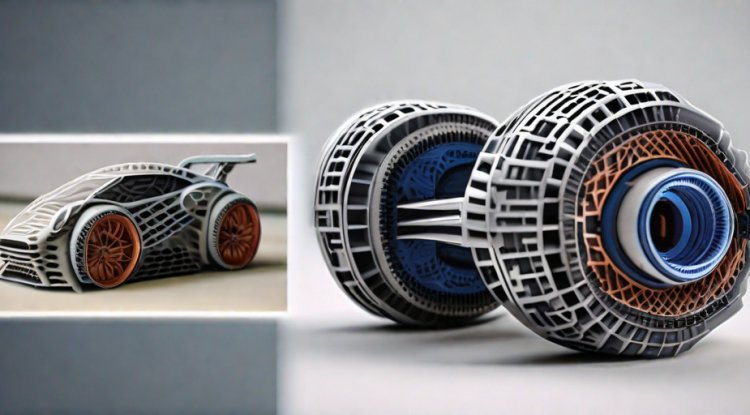AI and the Simulation Hypothesis: Exploring the Possibility of a Simulated Reality
Dive into the mind-bending premise of the Simulation Hypothesis with this comprehensive article, which explores the potential role of artificial intelligence in creating a simulated reality.
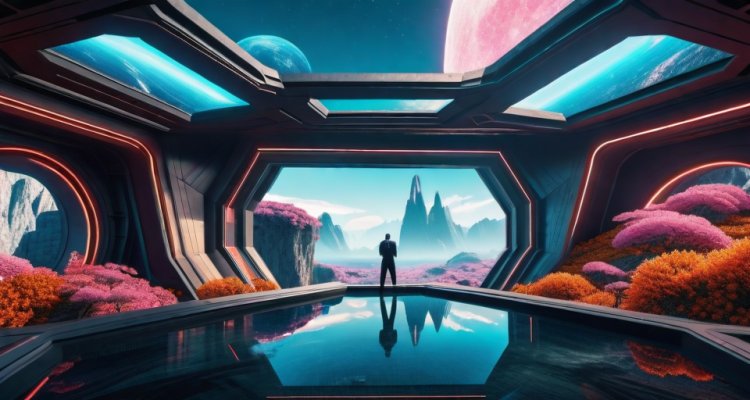
In recent years, the emergence of artificial intelligence and machine learning has led to fascinating discussions in various fields, including the study of the nature of our universe. The idea that our universe might be a simulation, rather than an organically formed reality, has gained traction as scientists and technologists explore the possibility that advanced AI could provide insights into the structure and mechanics of our reality. Follow me as I delve into the intriguing world of AI, simulations, and our cosmic mysteries.
First, let's define the concept of a simulation. A simulation is a mathematical model that emulates a real-world system or process, enabling us to study it without necessarily affecting the real-world counterpart. While the overall idea is not new, it has gained prominence in recent times due to technological advancements and greater accessibility to computing power. For instance, video games and virtual reality simulations are ubiquitous tools nowadays, and they provide an excellent opportunity to analyze and manipulate virtual environments.
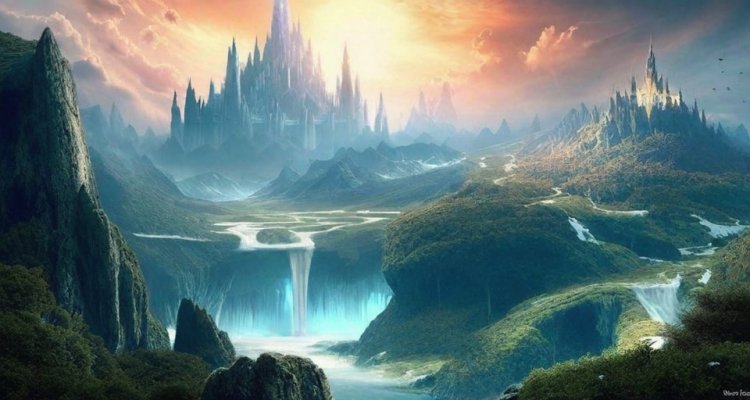
Now, we turn to AI. AI has shown remarkable progress in the last few decades, with improvements in natural language processing, computer vision, decision-making, and problem-solving. Giant leaps in these fields have made it possible for AI to tackle complex tasks. Handwritten text recognition, self-driving cars, and radical medical advancements are examples of how AI is continually revolutionizing the way we interact with the world around us. What's more, some AI models can even learn and adapt on their own.
But how can AI impact the simulation theory? Advocates of the theory suggest that our universe is one giant, complex simulation being run by a higher-dimensional AI or advanced civilization. In this scenario, AI could be the key to understanding the inner workings of our universe. There are several hypotheses that support this theory:
1. The Liouville theorem: This mathematical equation suggests that the laws of physics are self-consistent, and if our universe is a simulation, those laws must be perfect. AI can provide insight into these laws' code to validate the simulation theory.
2. The theory of Simulation Hypothesis: Proposed by philosophers Nick Bostrom and David Chalmers, this theory argues that our universe is likely to be a simulation because advanced civilizations have the capability to perform digital simulations and would do so given the potential benefits.
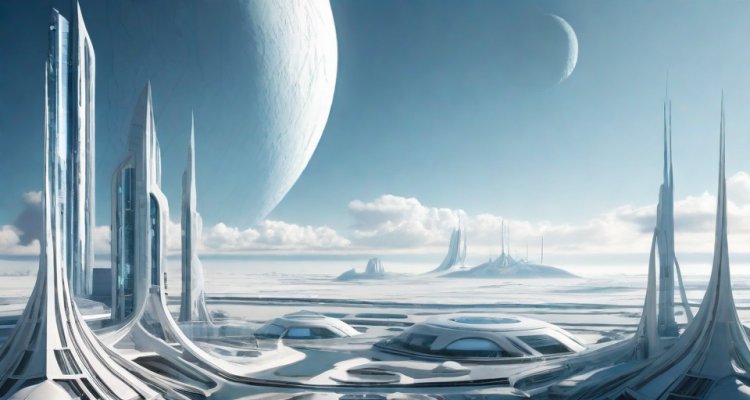
3. Megaparsec-scale structure: Observations of megaparsec-scale structures show that the universe is surprisingly uniform. Experts believe that such uniformity could be difficult to achieve without a conscious designer or an AI-like system.
4. The fundamental laws of physics: The fundamental laws of physics are themselves a puzzle, with no apparent reason for their existence. AI may hold the key to unveiling the hidden reasons behind these laws or the existence of a hypothetical creator.
Ultimately, AI's role in simulating our universe remains speculative. Nonetheless, the idea is captivating and presents an intriguing path for researchers. By harnessing the power of advanced computers, AI can help us understand the nature of our reality, our universe's mysteries, and perhaps even uncover the secrets of the cosmos. As we delve deeper, we might just find that the simulation theory is more than just a fantasy; it could be a reality waiting to be uncovered.
In conclusion, the idea that our universe is a simulation is fascinating and raises intriguing questions about the nature of our reality. As AI continues to evolve, it could provide valuable insights into the laws that govern our universe, offering us a deeper understanding of the cosmos. Who knows? One day, AI might even hold the key to exploring other simulations within the simulation, revealing the structure and mechanics of our universe in a way we can only currently dream of. So, let's watch and see how AI's trajectory unfolds, hoping for glimpses into the simulation theory.
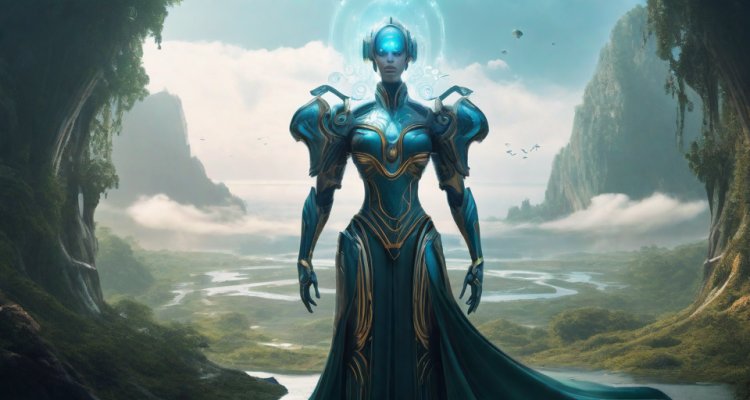
What's Your Reaction?

















